Did you ever feel you just couldn't figure out how to learn something?
As if you didn't have the skills to even get started?

I'll let you in on a secret...
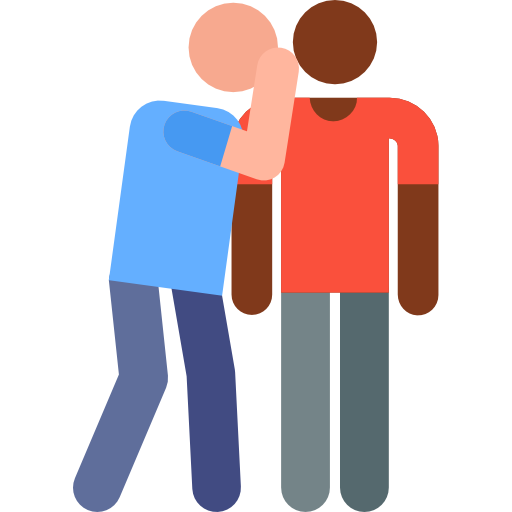 There's no magic formula!
There's no magic formula!
There's no single hack that will make learning easy every time.
But there are a few strategies you can try!
Strategy #1: Take care of your body and mind
Most bad behavior comes from insecurity.
-- Debra Winger
If you've ever sat in a lecture unable to listen while your stomach grumbled (or while your chest felt tight) you'll be aware that physical and mental ill-health makes it difficult to focus.
Try these to prep yourself to learn effectively:
Eat healthy. Have a variety of fruit and vegetables to give your body all the minerals and vitamins it needs. In the winter, consider getting supplements of vitamin D.
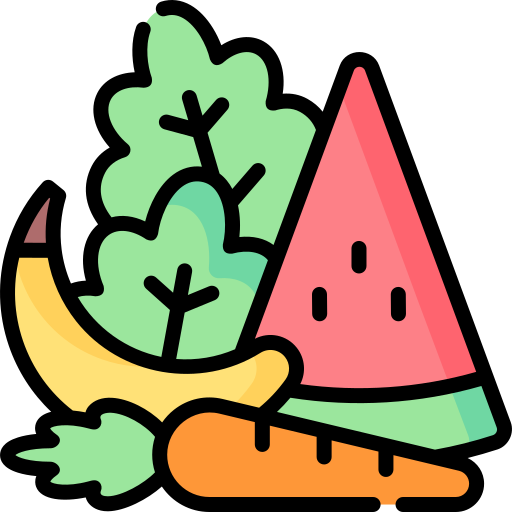
Exercise. Wake up your body and get the oxygen flowing.
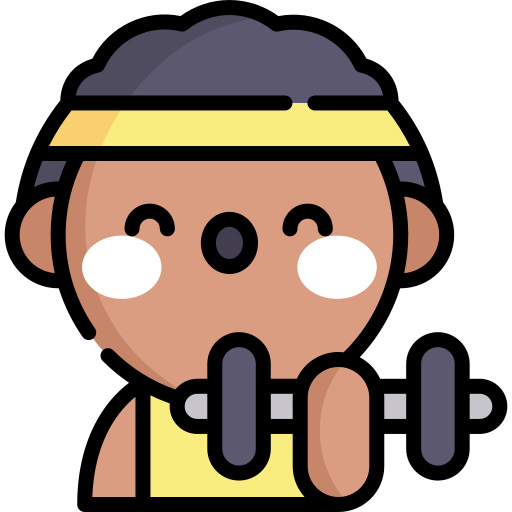
Drink lots of water. Humans are made of about 60% water so keep hydrated!

Get sleep. Young adults need 7-9 hours a night, more if you're a teen. Maybe reconsider that late-night scrolling habit if you have an early class.

Try meditating. Meditation helps reduce the symptoms of depression, anxiety, and pain.
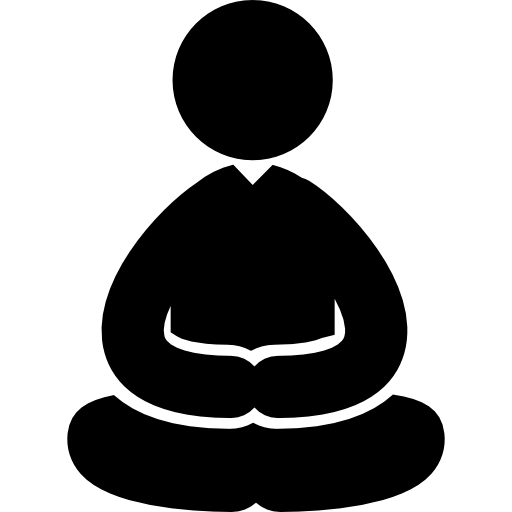
Strategy #2: Listen (for real)
One of the most sincere forms of respect is actually listening to what another has to say.
-- Bryant H. McGill
If your teacher is giving instructions or explaining a key concept but you don't listen, you're the one missing out.

Try these strategies for active listening:
check that you understood correctly by re-wording the explanation
show that you're listening by nodding and using facial expressions
use a fidget toy if you feel the need to move
if your attention wanders, just focus back again
Quiz
A classmate wants your attention during an explanation in class. How could you deal with the situation? Select all that apply.
Strategy #3: Give it a go
The secret of getting ahead is getting started. The secret of getting started is breaking your complex overwhelming tasks into small manageable tasks, and then starting on the first one.
-- Mark Twain
Nobody starts off as an expert, so you're better off embracing the process of learning!

Regardless of how many mistakes you make, and how many times you start over, you're further ahead than the person who hasn't even started.
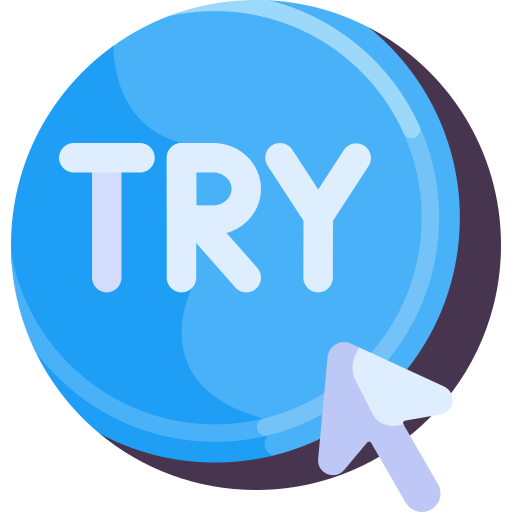
Try some of these practical strategies:
highlight your notes looking for hints
brainstorm with a friend: write down keywords, field experts, and connected ideas
try an approach that worked before (this works well in maths and science!)
draw it out, to visualize your ideas
do an online search for the keywords in the assignment
Subscribe for more quick bites of learning delivered to your inbox.
Unsubscribe anytime. No spam. 🙂
Strategy #4: Ask for help
A well-educated mind will always have more questions than answers.
-- Helen Keller
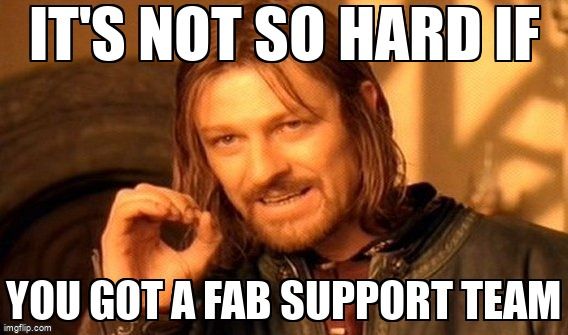
There are so many ways to ask for help:
peer learning, ask a friend or classmate
online guides, resources, and worksheets with mark schemes
email your teachers or their assistants
join online communities of learning
When you ask questions, you show interest, commitment, and willingness to work hard.
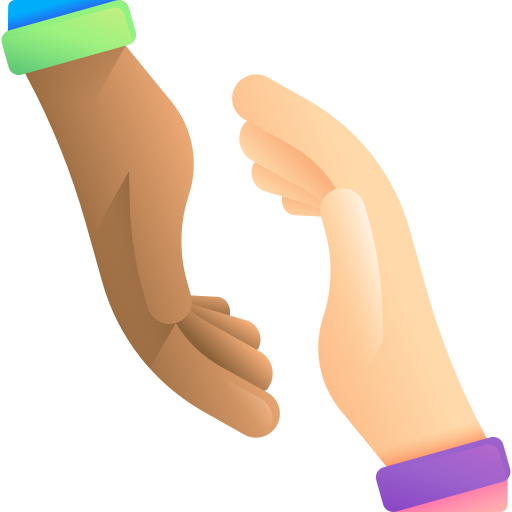
⚡Knowledge Check!
Consider this scenario: Your friend Manjit has a history essay due in one week. She's feeling stressed by it, so she's procrastinating. What advice would you give to Manjit?
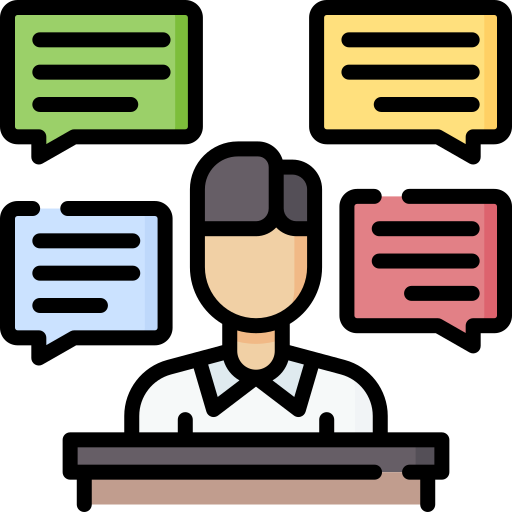
Option A: Reassure Manjit "You'll soon feel the inspiration, just wait another couple of days and the stress will force you to write!"
Option B: Support Manjit "I hear you're feeling stressed. Let's go for a walk! I can help you brainstorm ideas for your essay while we enjoy the sunshine."
Option C: Encourage Manjit to speak to others. "Have you had a chat with Yan Kei? I hear she has a knack for history. She may be able to give you some pointers. Or maybe drop the professor an email?"
Option D: Join Manjit "I get you, I also have a chemistry assignment I really don't want to even look at it. Let's watch Netflix!"
Quiz
What advice would be most helpful to Manjit? Select all that apply.
Strategy #5: know yourself: how do YOU learn best?
Everybody is a genius. But if you judge a fish by its ability to climb a tree, it will live its whole life believing that it is stupid.
-- unknown
We're all different individuals, and that means we all have specific strengths and preferred ways of learning. For example:
Some people prefer to take notes during a lecture, while others learn more by focusing on just listening.
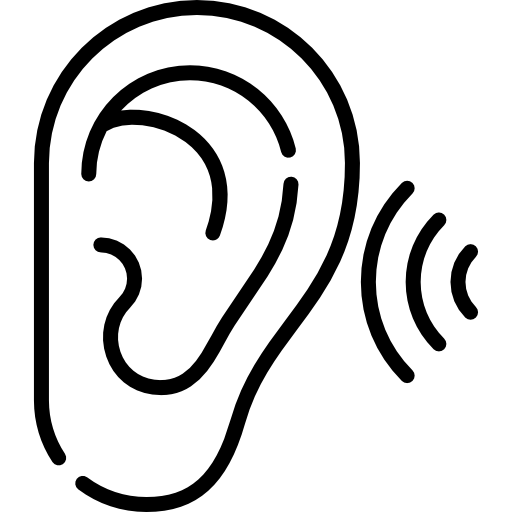
Some people (especially those with ADHD) often work best when they have more than one stimulus present, as their brains require extra stimulation to be focused.
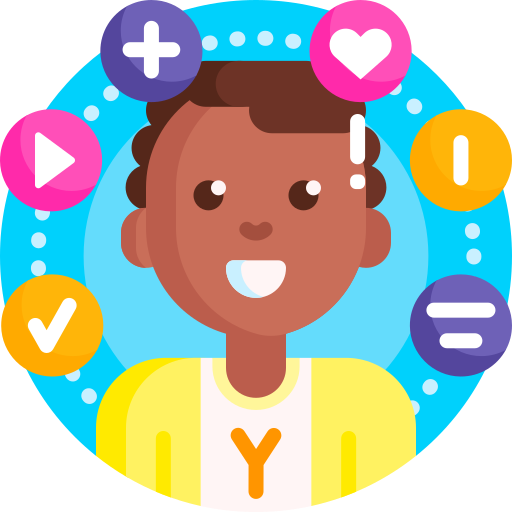
Some people (especially those with autism) are sensitive to noise, so they may benefit from ear defenders.
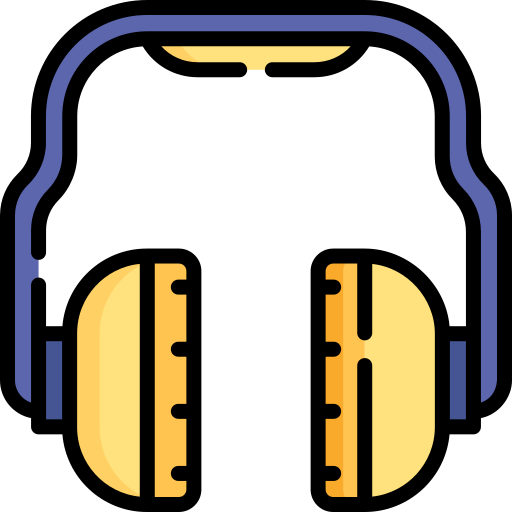
Some people benefit from a strict routine (especially those with learning differences), while others thrive on variety.
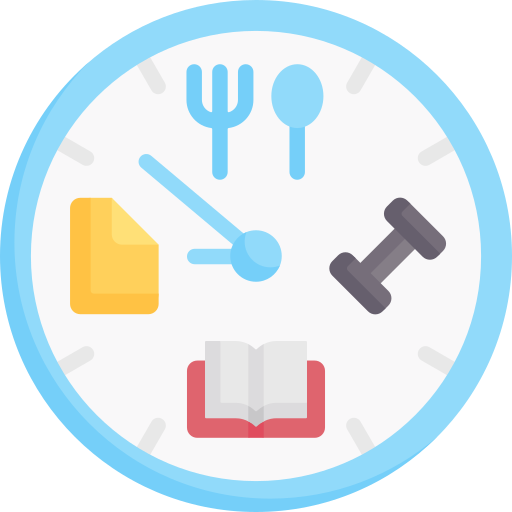
If you aren't sure how best you learn, try out something different!
Take Action
Learning is defined as a change in behavior. You haven't learned a thing until you take action and use it.
-- Ken Blanchard
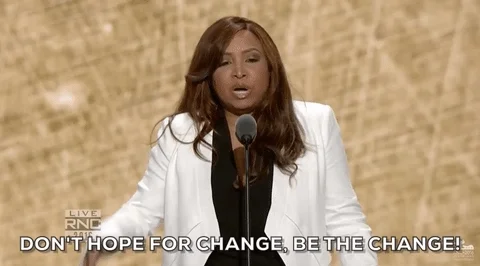
Your feedback matters to us.
This Byte helped me better understand the topic.
